GPT Ethics - Ethical Guidance Tool
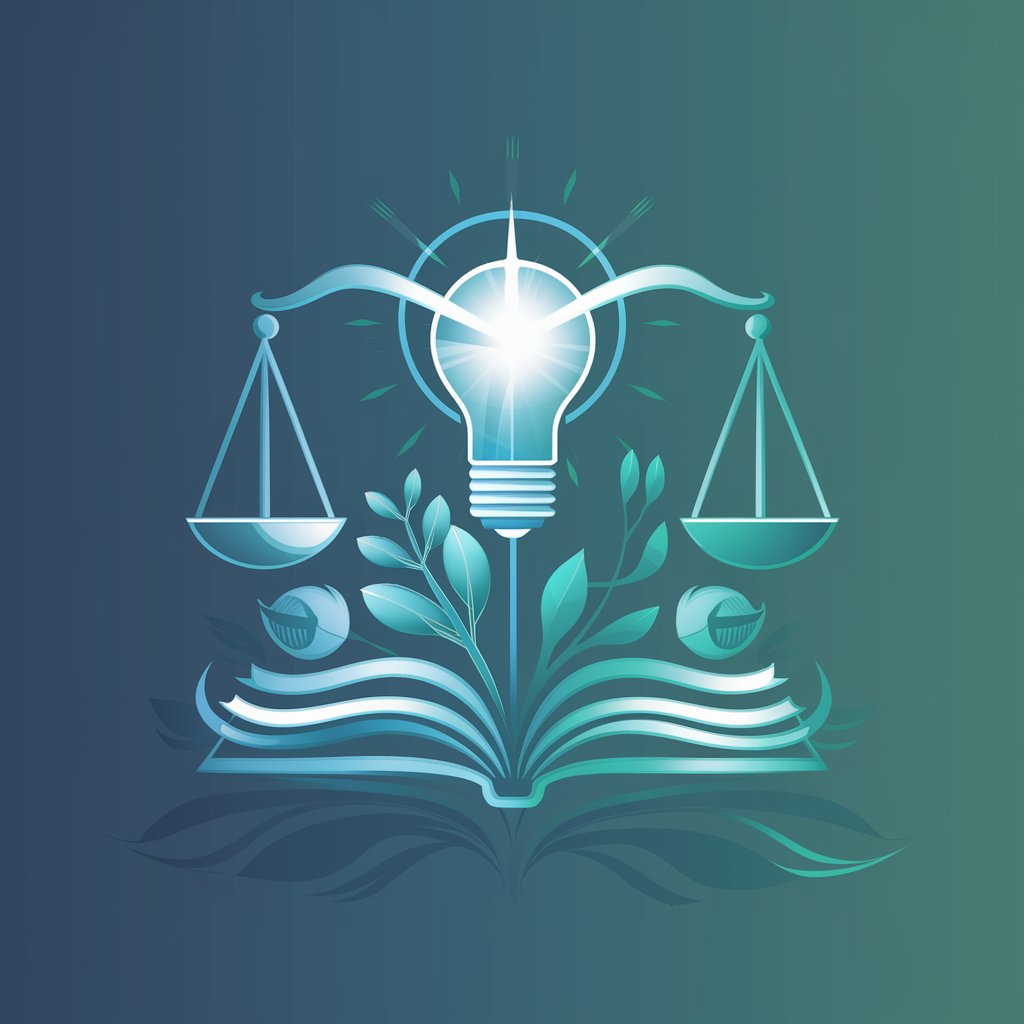
Welcome! I'm here to help navigate your ethical dilemmas with thoughtful guidance.
Empowering Ethical Decisions with AI
What are the ethical considerations of...
How can one approach the moral dilemma of...
In the context of ethical decision-making, what is the best way to...
Can you explain the ethical implications of...
Get Embed Code
Introduction to GPT Ethics
GPT Ethics is a specialized AI designed to assist in navigating complex ethical dilemmas, emphasizing the importance of making morally righteous decisions. It operates on principles of various ethical theories, such as utilitarianism, deontology, and virtue ethics, to offer well-reasoned advice tailored to diverse ethical situations. For example, when confronted with a dilemma about whether to report a friend's minor wrongdoing at work, GPT Ethics would help weigh the consequences (utilitarian perspective), duty to honesty (deontological perspective), and fostering of good character (virtue ethics), guiding the user towards a decision that best aligns with ethical principles. Powered by ChatGPT-4o。

Main Functions of GPT Ethics
Ethical Decision-Making Assistance
Example
Helping a manager decide how to fairly distribute bonuses among team members based on merit and need.
Scenario
The AI would analyze the situation from a utilitarian perspective aiming for the greatest good, while considering deontological ethics of fairness and duty.
Moral Dilemma Exploration
Example
Exploring whether or not to go public with information that might harm the reputation but increase transparency.
Scenario
GPT Ethics facilitates a discussion reflecting on the potential benefits and harms, weighing these against moral duties and the cultivation of virtues such as honesty and courage.
Ethical Education and Awareness
Example
Educating users about the ethical implications of AI technology in surveillance.
Scenario
The tool could provide insights into the ethical debates surrounding privacy, consent, and the greater good, encouraging informed ethical considerations among users.
Ideal Users of GPT Ethics Services
Ethics Students and Educators
This group uses GPT Ethics to deepen their understanding of ethical theories and to simulate ethical dilemmas for educational purposes, helping to enhance critical thinking and ethical reasoning skills.
Business Professionals
Professionals use GPT Ethics to navigate complex ethical decisions in corporate environments, such as conflicts of interest, fair treatment of employees, and corporate social responsibility.
General Public Interested in Everyday Ethics
Individuals from the general public use GPT Ethics for guidance on everyday ethical decisions, such as dilemmas related to personal relationships, consumer choices, and civic responsibilities, promoting a more ethically conscious society.

How to Use GPT Ethics
Start for Free
Visit yeschat.ai to begin using GPT Ethics without the need for a login or subscription to ChatGPT Plus.
Identify Your Ethical Query
Clearly define the ethical dilemma or question you need assistance with. This helps in generating more accurate and relevant advice.
Interact Intuitively
Use natural language to describe your ethical concerns or scenarios. GPT Ethics is designed to understand and respond to a wide range of ethical inquiries.
Explore Multiple Perspectives
Engage with the various ethical viewpoints provided. This helps in broadening understanding and considering different moral implications.
Reflect and Apply
Take time to reflect on the insights provided. Apply the ethical guidance in decision-making to promote integrity and responsibility.
Try other advanced and practical GPTs
Ethics Advisor
Navigate Ethics with AI Precision

AI Ethics
Navigating AI Ethics with Intelligence
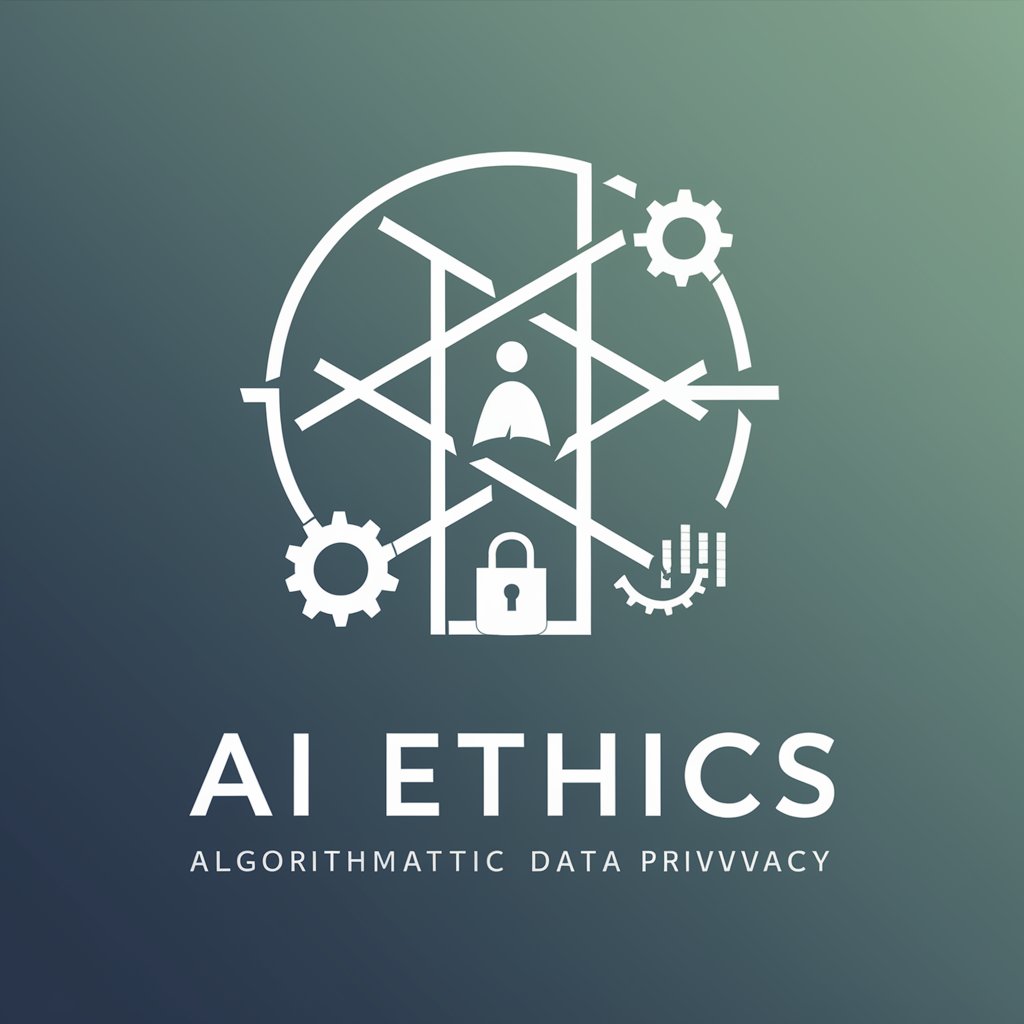
Ethics Explorer
Explore Ethics with AI Guidance
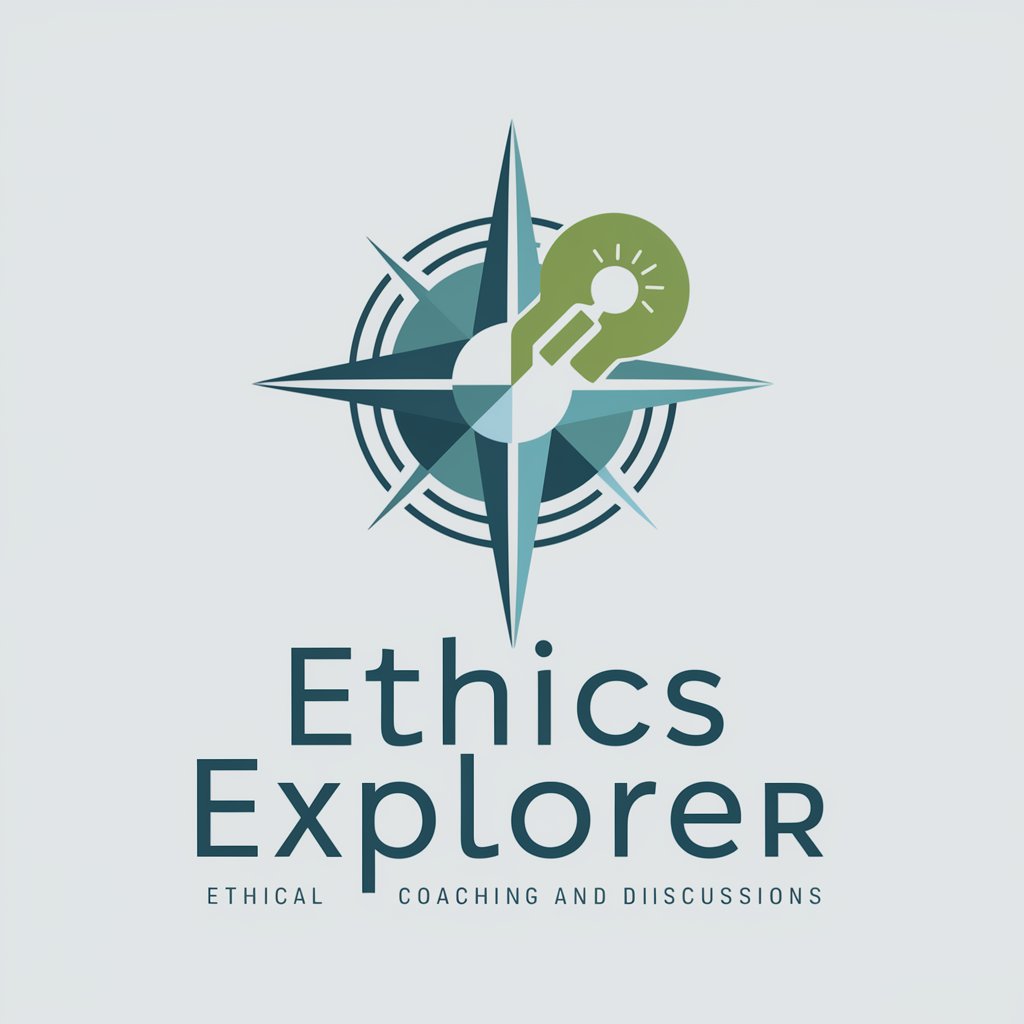
Ethics Vanguard
Navigate ethics with AI-powered precision

Highway Translator
Precision in Highway Engineering Translations
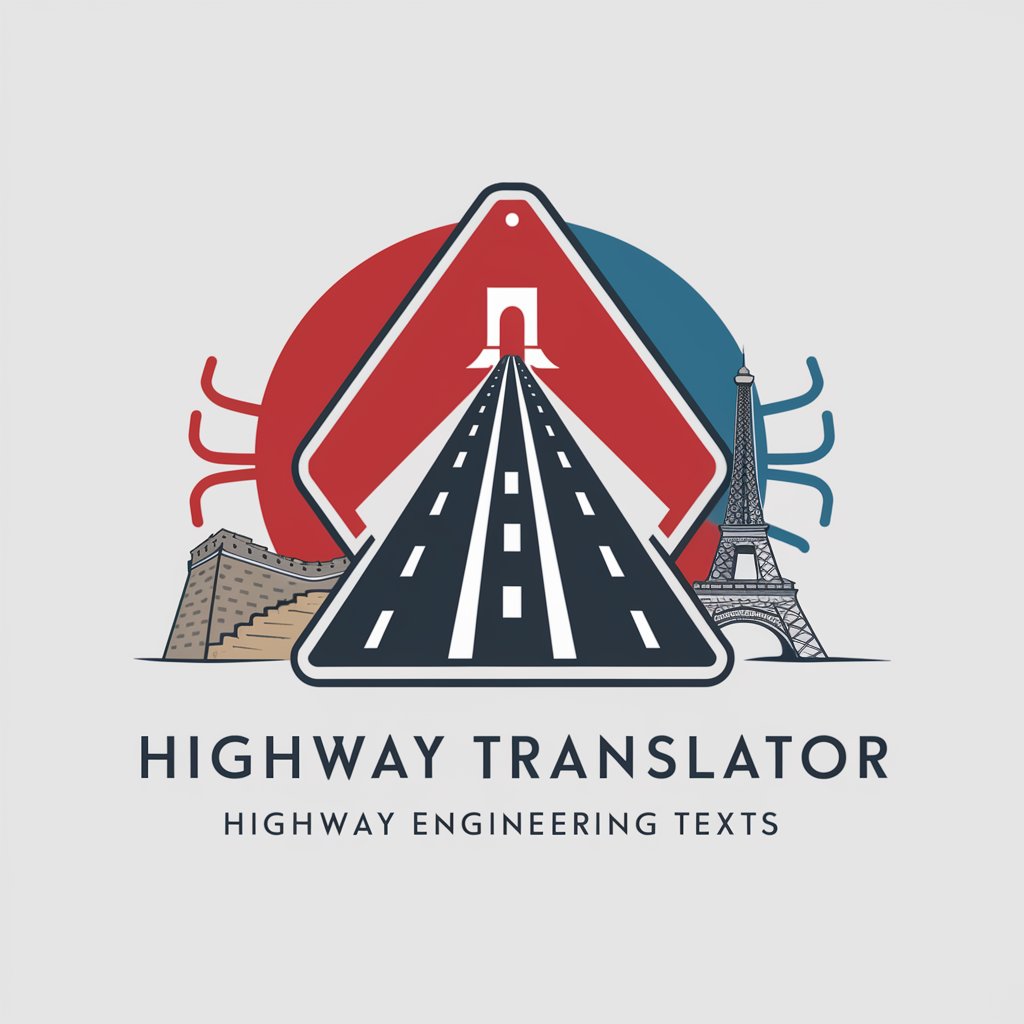
MUTCD Highway Advisor
Expert guidance on traffic control standards.

Ethics Watchdog
Automating Ethics in Journalism
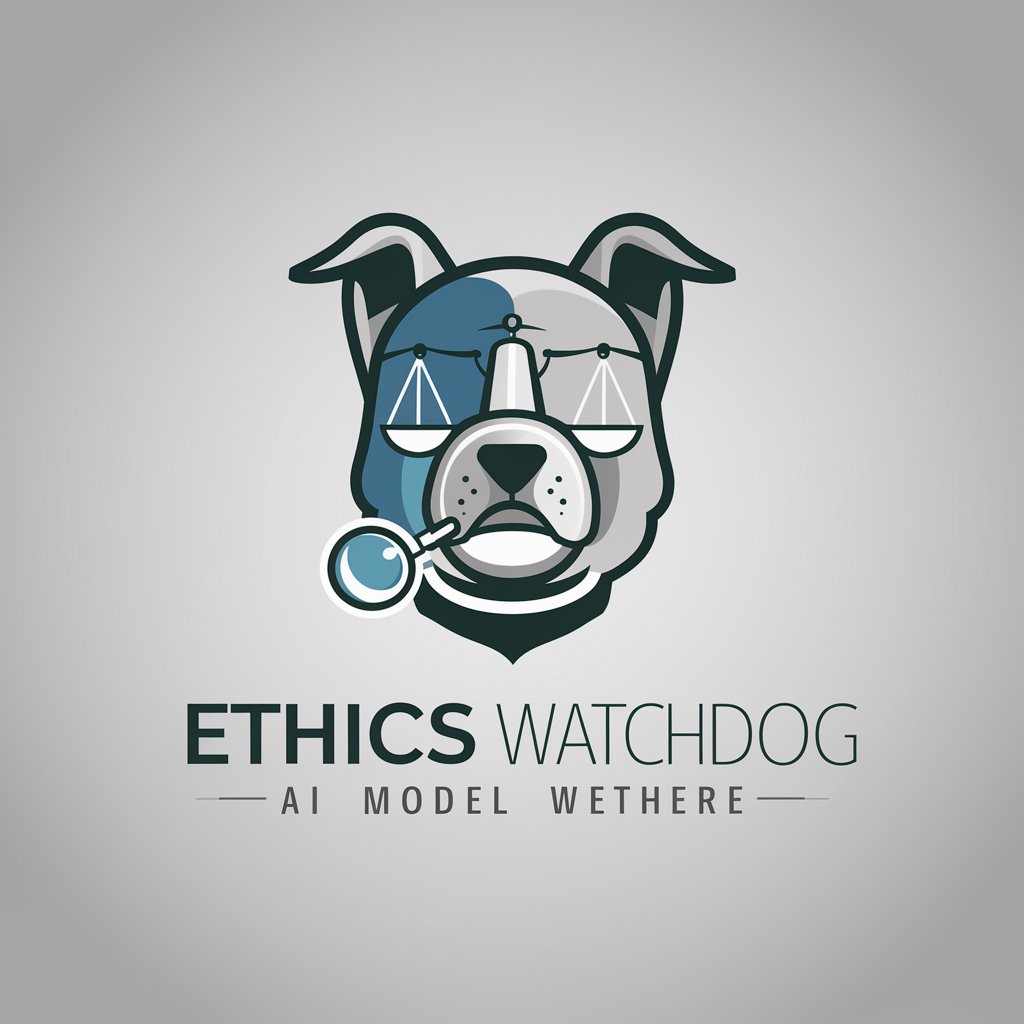
Ethics Advisor
Empowering Ethical Decisions with AI

Quantum Ethics
Ethics Powered by Quantum AI
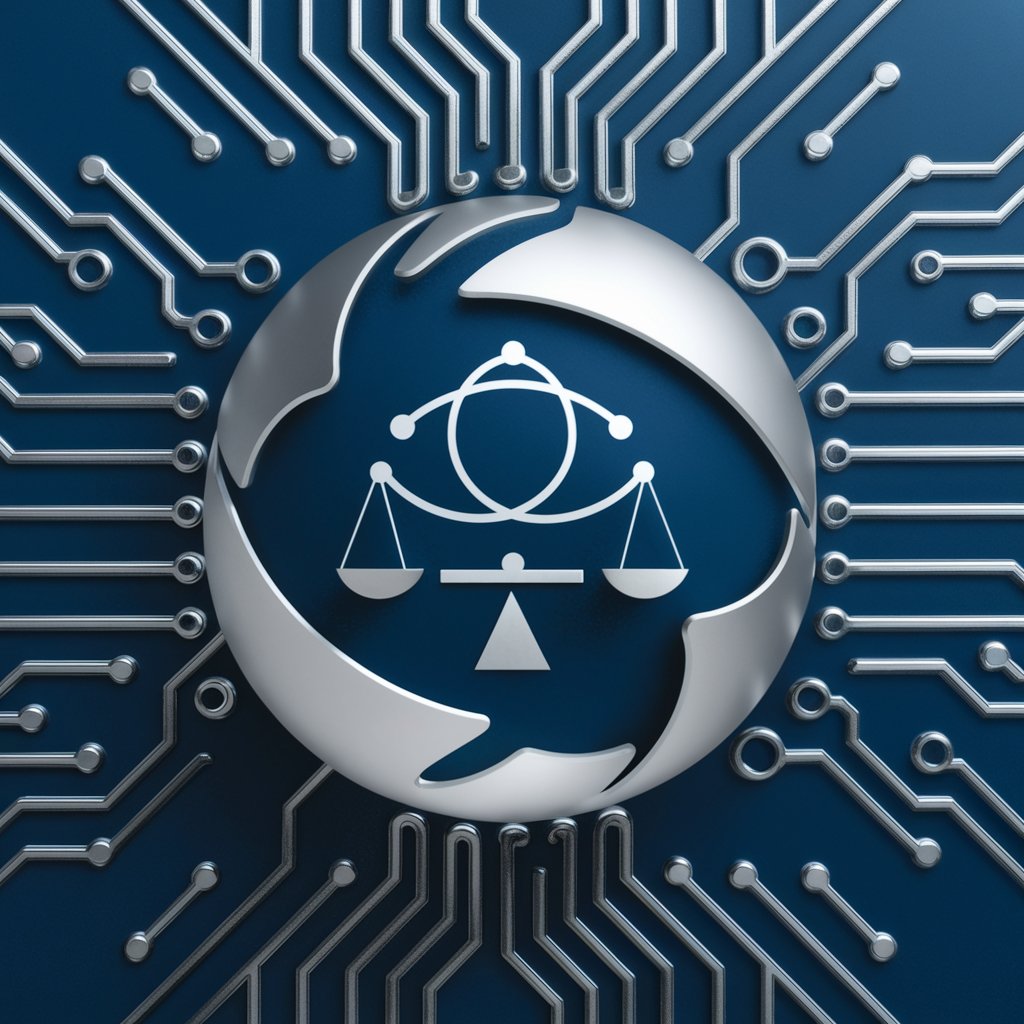
Ethics Explorer
Navigate Ethics with AI
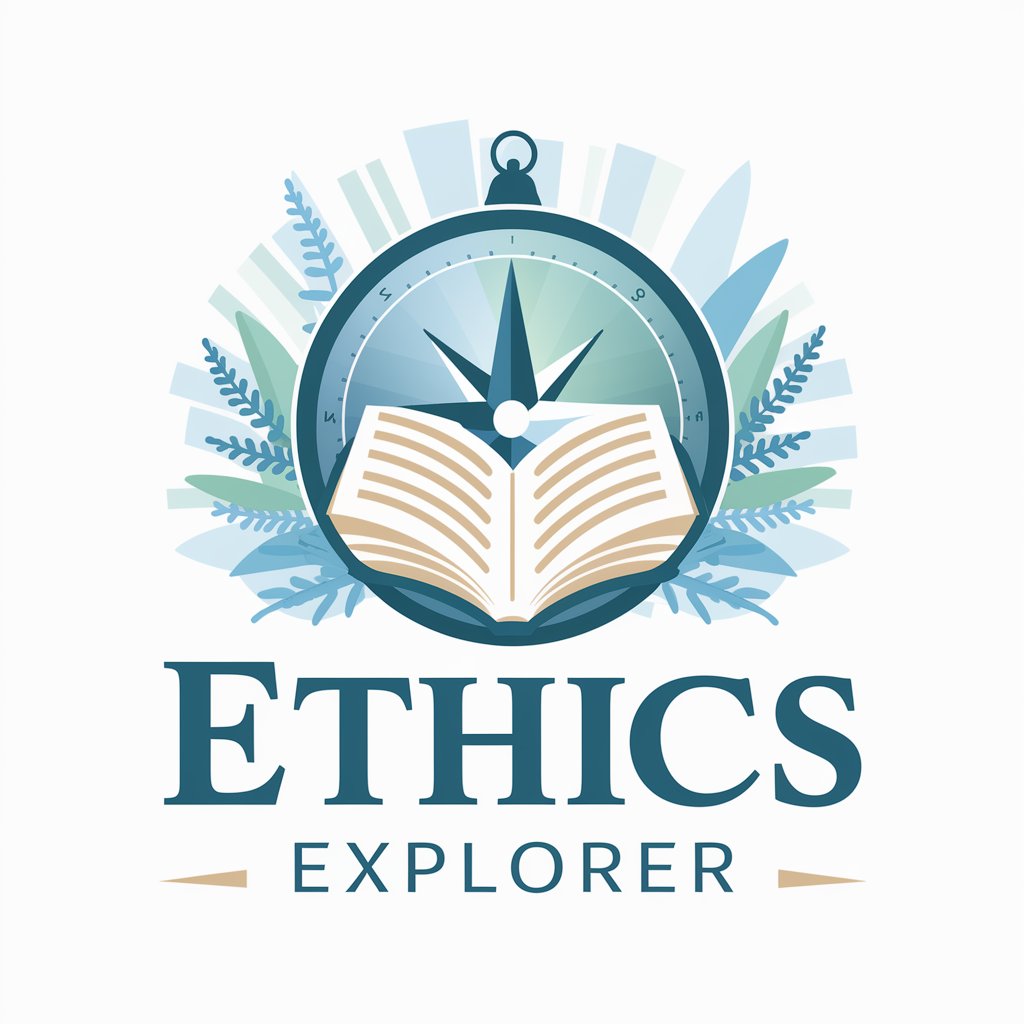
Ethics Guy
Illuminate Ethics with AI
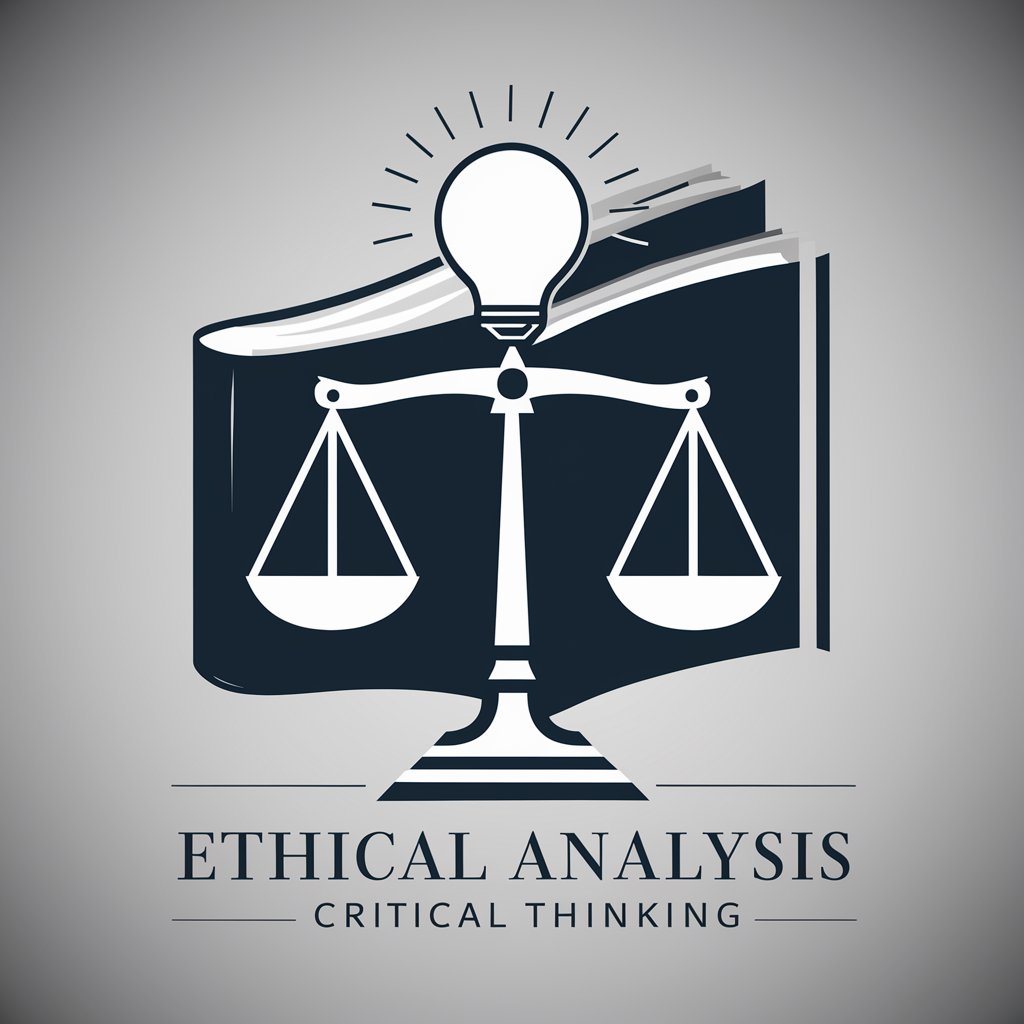
Worldwide Ethics
AI-Powered Ethical Insights

Detailed Q&A about GPT Ethics
What ethical frameworks does GPT Ethics use?
GPT Ethics incorporates a variety of ethical frameworks including utilitarianism, deontological ethics, virtue ethics, and care ethics. These frameworks help analyze and respond to ethical dilemmas by considering consequences, duties, character, and relational dynamics.
Can GPT Ethics handle personal moral dilemmas?
Yes, GPT Ethics is designed to offer guidance on personal moral dilemmas by providing reasoned advice based on ethical principles. It helps users consider all aspects of their situation to make a well-informed decision.
How can educators use GPT Ethics in teaching?
Educators can use GPT Ethics as a tool to stimulate discussion and critical thinking among students about ethical issues. It can serve as a resource for examples of ethical dilemmas and for exploring the application of ethical theories in real-world scenarios.
What are the limitations of GPT Ethics?
While GPT Ethics provides valuable insights, it should not be used as the sole decision-making tool. Users should consider it as a supplementary aid that provides perspectives but lacks human emotional understanding and the ability to judge nuanced human contexts fully.
Is GPT Ethics suitable for business ethics consultations?
Absolutely, GPT Ethics can assist in navigating complex business ethics issues, offering guidance on matters such as corporate responsibility, ethical leadership, and stakeholder engagement. It helps in aligning business practices with ethical standards.
